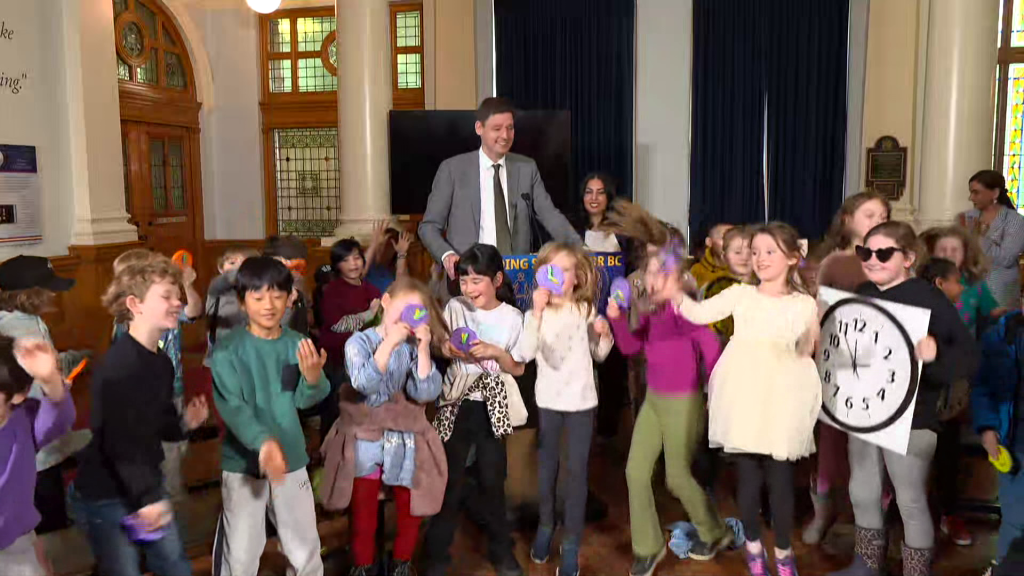‘It’s a non-plan’: Doc compares Alberta COVID plan to fire claiming forest without fight
Posted Aug 5, 2021 1:10 pm.
Last Updated Aug 5, 2021 9:08 pm.
CALGARY – Premier Jason Kenney has often touted Alberta as a leader and trailblazer when it comes to how the province has handled COVID-19.
And as the government backs a reopening plan that eliminates mandatory COVID-19 isolations, an infectious disease specialist says the province will, indeed, blaze the trail.
One infectious disease specialist's take on Alberta's COVID plan:
"I describe it as managing a forest fire. One of the ways of getting rid of the forest fire is letting the forest burn down. Then you have no more issues with the forest fire."
Full story at 6 @citynewscalgary
— Stefanie Lasuik (@StefanieLasuik) August 5, 2021
“I describe it as managing a forest fire. One of the ways of getting rid of the forest fire is letting the forest burn down. Then you have no more issues with the forest fire,” said Dr. Anna Banerji from the school of public health at the University of Toronto.
“But in the meantime, people are going to get hurt.”
RELATED:
-
Canada’s health minister asks Alberta for science behind plan to lift COVID rules
-
Immunocompromised Albertans concerned with provincial rollback of COVID-19 health measures
-
Alberta Medical Association head concerned over government lifting COVID restrictions
-
Alberta taking ‘risky gamble’ by ending COVID isolation: Canadian Paediatric Society
Alberta’s chief medical officer of health, Dr. Deena Hinshaw, penned an editorial Wednesday saying vaccine coverage changed the nature of the province-wide risk of COVID-19.
She says that’s why the government decided to scale back protections.
Hinshaw called testing and isolating extraordinary measures, saying “it was necessary before vaccines, but it is also incredibly disruptive; it could only be justified when the risk was unchecked by vaccine protection.”
Banerji says despite the province’s claims, it’s not an endemic yet. And while lockdowns are not needed, simple measures would help.
RELATED:
-
Hinshaw apologizes for anxiety caused by COVID-19 rule rollback in op-ed
-
Alberta paediatrician speaks out on Hinshaw op-ed
-
Politics may have motivated Alberta’s COVID-19 rule rollback: poli sci
-
Kenney maintains changes to COVID-19 rules backed by science
“Masks are pretty simple. Distancing is pretty simple. Like many people across the country, I have a hard time understanding the rationale behind the policy,” said Banerji.
“I think really it’s a non-plan.”
Kenney recently quoted the chair of the department of immunology and infectious diseases at Harvard University, Dr. Sarah Fortune, who told the CBC she was in support of the province’s plan.
“She said last week: ‘Alberta is taking reasonable steps in the face of having done a good job of bringing the viral numbers down and in the face of good vaccine coverage. I don’t think the people of Alberta, where you’ve achieved upwards of 70 per cent vaccine coverage, need to think that they’re going to become the next Louisiana, where vaccine coverage is much lower,'” Kenney cited.
RELATED:
-
Alberta doctors protest COVID-19 isolation rule changes
-
Alberta lifting remaining COVID-19 protocols could raise questions with employees, employers
-
Will Calgary reinstate its mask bylaw?
-
Can you be charged for knowingly infecting someone with COVID-19?
No one knows what the future holds, but Banerji says, even when we get there, the picture may be murky without the kind of testing data we’ve had for more than a year.
“You’re going to really be missing out on what’s going on. And maybe that’s what they want where you’re only picking up a small percentage of the cases and it may look like things are under control when they’re not,” she said.








